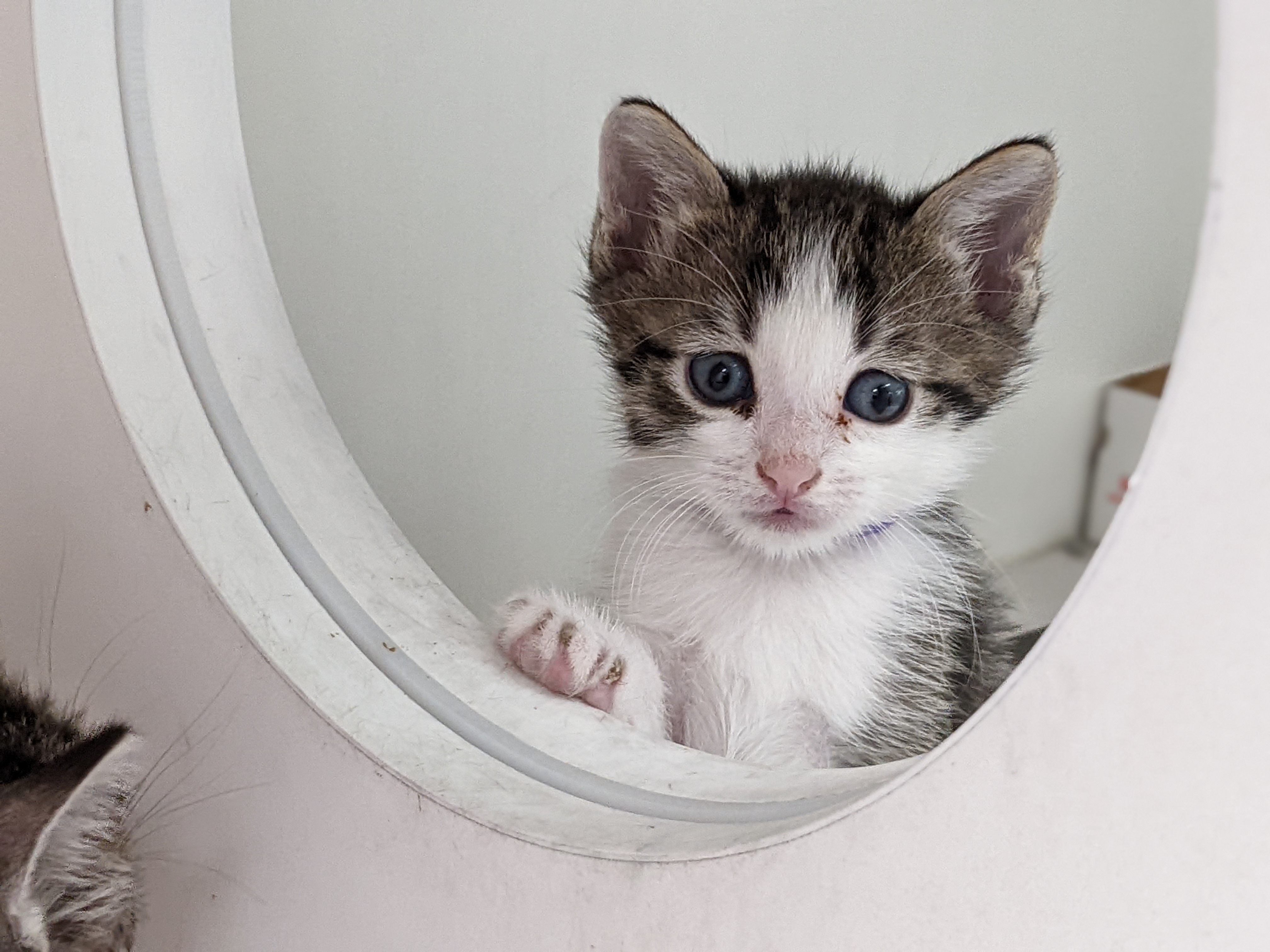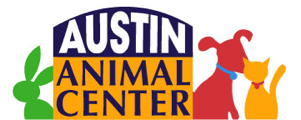
City of Austin
FOR IMMEDIATE RELEASERelease Date:

The city shelter expects thousands of kittens this summer.
Austin Animal Center (AAC) is hosting a Kitten Shower this Saturday in preparation for “kitten season.”
“Every year we see about 2,000 kittens under two months old come into the shelter,” said AAC nursery lead Erin Coleman. “With the winters being short and mild in the South our season lasts much longer than in the Northern areas. We have already taken in 250 kittens and we are just about to start the really busy part of the season.”
The annual Kitten Shower is an opportunity to learn about fostering and collect donations for the kitten nursery. Items needed included gallon ziplock bags, meat-based baby food, baby blankets, hand warmers, and Kitten Milk Replacer.
The Kitten Shower will be held in AAC’s conference room Saturday, May 6th from 2-4 pm.
What to do if you find kittens
When you discover kittens outdoors, it can be tempting to scoop them up and bring them indoors. However, it is important to know that this is almost never in a kitten’s best interest. Kittens need their mama, so don’t kit-nap them!
If you don’t see the mama cat, she may be off hunting for food or hiding until you leave. Check on the kittens periodically; if they are cuddled together, look clean, and have full bellies, mama is taking care of them.
If the kittens are sick or injured, call 311.
Learn more about what do about found kittens here: www.austintexas.gov/page/community-cats
Preventing homeless kittens
“Spay/neuter is the most effective and humane way to prevent homeless kittens,” Coleman said. “Trap-Neuter-Return is a vital piece of our Community Cats program.”
Last year, volunteers through AAC’s Community Cats program trapped 1,873 free-roaming cats who were then sent through spay/neuter and returned back to the community in partnership with Austin Humane Society.
“Female cats can get pregnant as early as four months old and can have multiple litters a year, so those cats fixed through TNR prevent hundreds, if not thousands, of litters,” Coleman said. “It is also instrumental in reducing the spread of disease and health issues.”
Learn more about the Community Cats program here: www.austintexas.gov/page/community-cats

